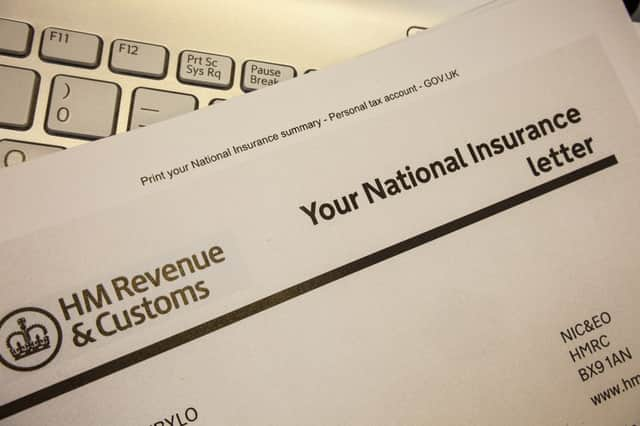Boris Johnson suggests taxes may have to rise further as MPs to vote on social care plan


Prime Minister Boris Johnson has said taxes may have to rise again to fund health and social care, which comes as MPs are set to vote on the new health and social care levy on Wednesday (8 September) after it was announced there will be a rise in contributions to National Insurance.
The new health and social care levy, which is based on a 1.25 percentage point rise in National Insurance Contributions (NICs), will fund a £36bn package over three years to help clear the NHS treatment backlog due to the Covid pandemic and reform social care.
Advertisement
Advertisement
Social care will receive just £5.3bn in the first three years of the levy. The rest of the £36bn will go to the NHS to clear the Covid backlog.
'If you want me to give that emotional commitment, of course that’s the case'
The Prime Minister’s plan to raise NICs breaches his tax-lock manifesto pledge not to raise NICs, income tax or VAT.
Mr Johnson also broke a second manifesto pledge by temporarily abandoning the pensions triple-lock.
The Prime Minister said breaching the Tory manifesto was “not something I do lightly” but stressed that “a global pandemic was in no one’s manifesto”.
Advertisement
Advertisement
When he was asked several times at a Downing Street press conference to rule out further tax increases before the next election, Mr Johnson said: “I certainly don’t want any more tax rises in this Parliament.
“If you want me to give that emotional commitment, of course that’s the case.”
The health and social care levy will also be extended to those over state pension age and on dividends in an attempt by Chancellor Rishi Sunak to make it fairer.
However, the independent Institute for Fiscal Studies said “this remains a tax which will be overwhelmingly borne by workers”.
Advertisement
Advertisement
The levy will fund a cap of £86,000 on lifetime care costs from October 2023, with government support to kick in for anyone with assets under £100,000.
There are no guarantees of how the cash will be allocated beyond 2025, which has raised concerns that the NHS could continue to take up the cash generated by the levy, potentially causing the Government to raise taxes further.